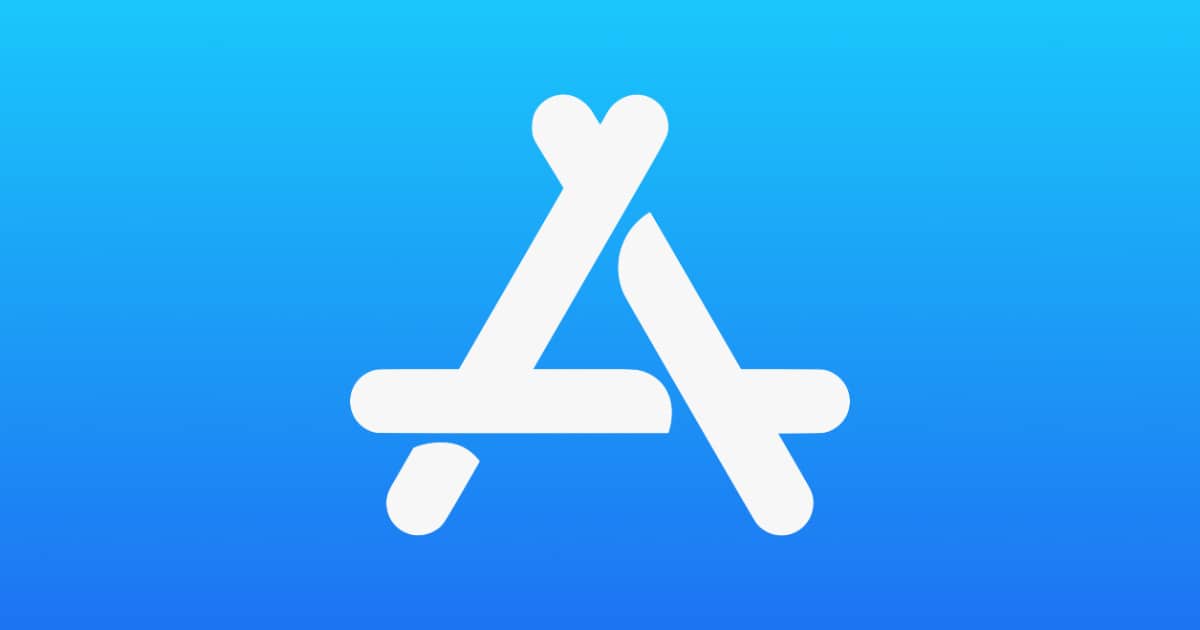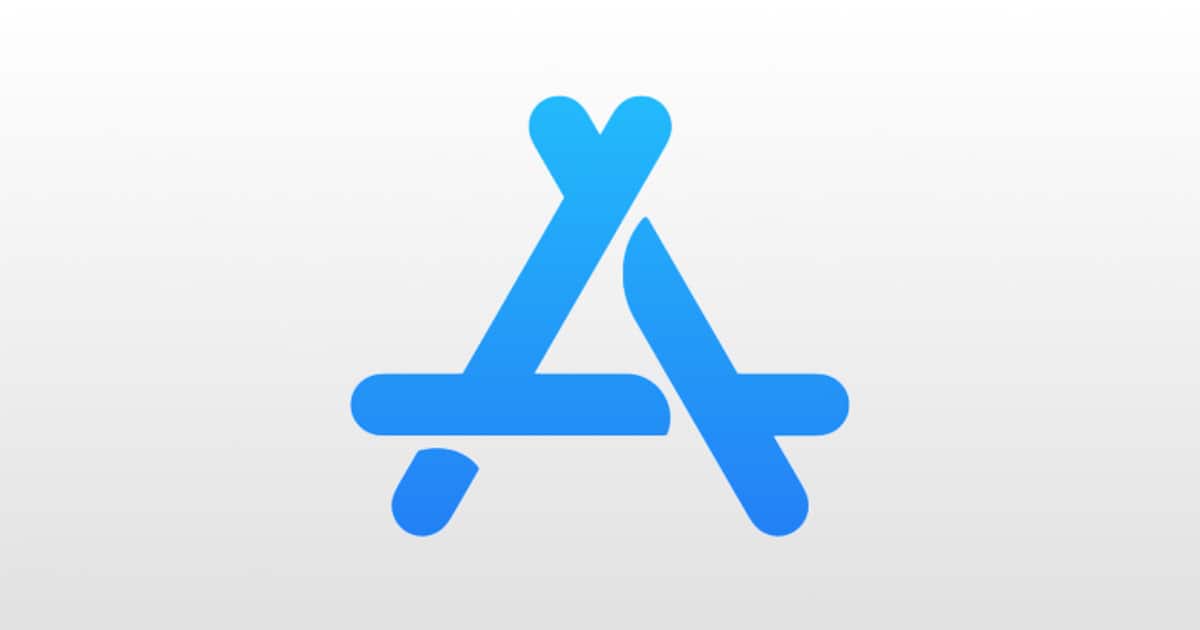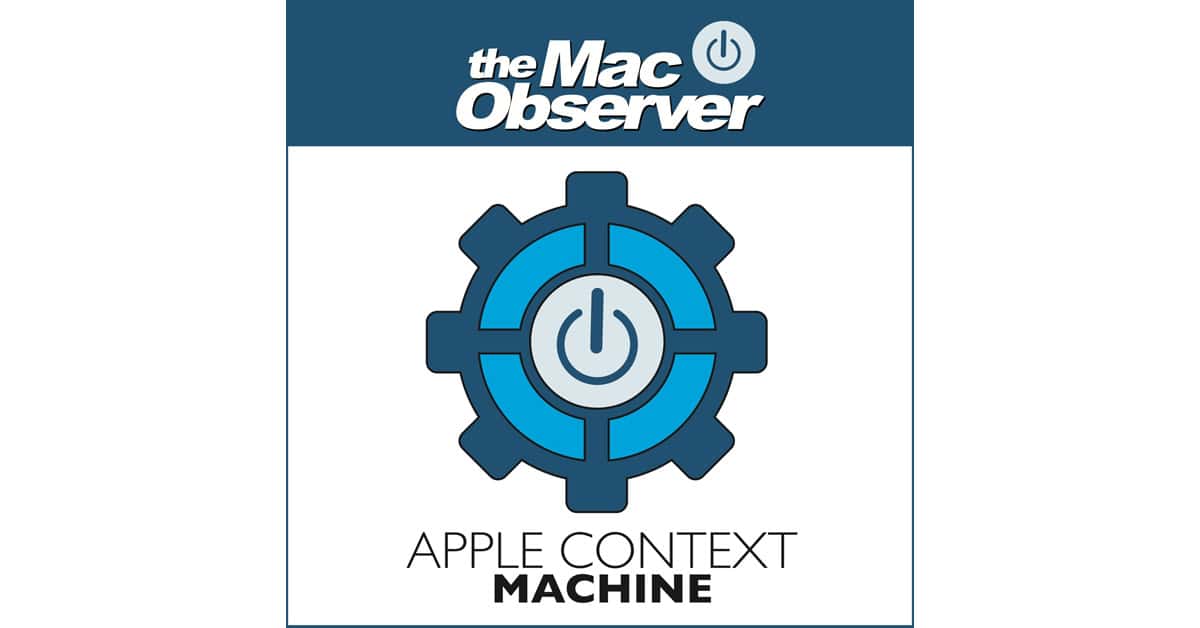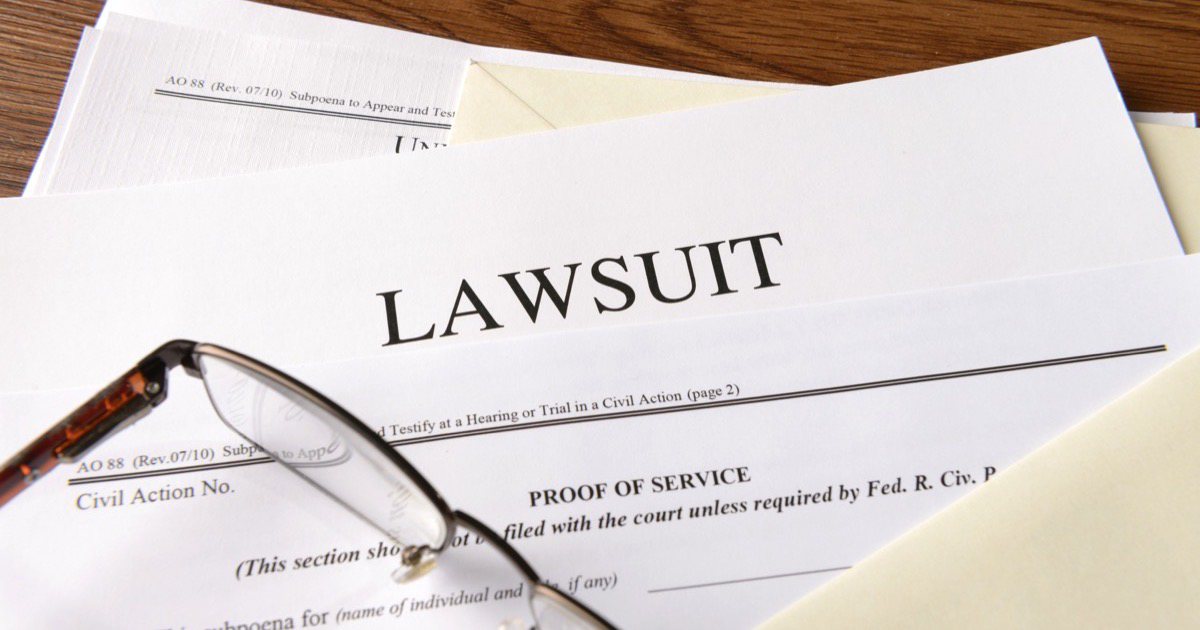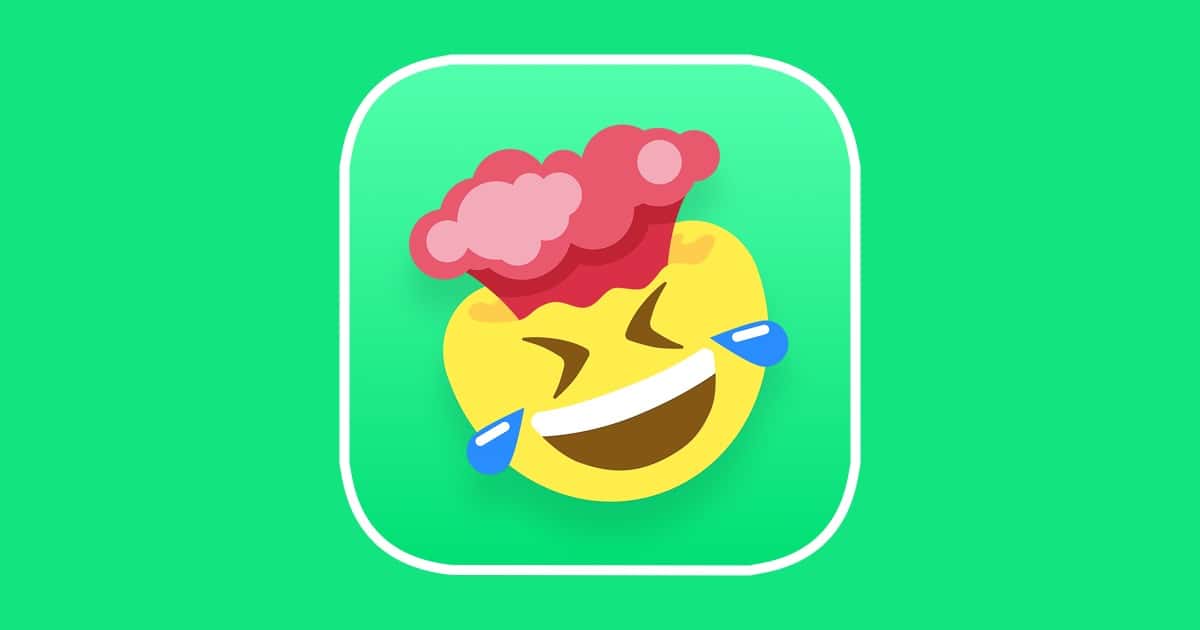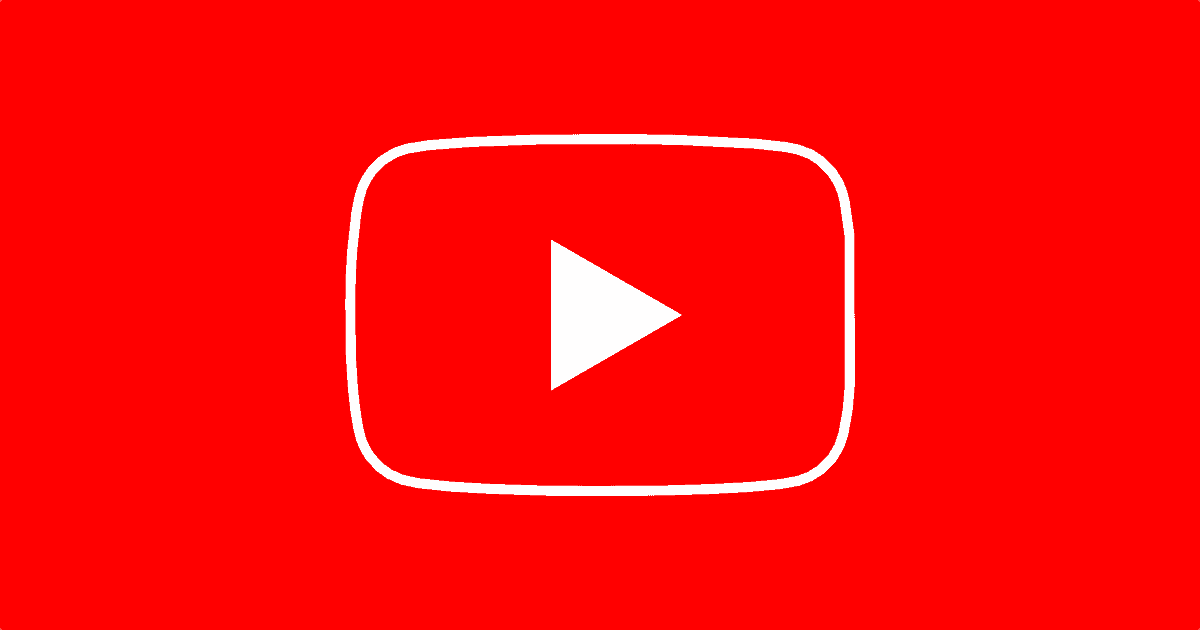Apple hired economists from the firm Analysis Group who said in a study that the company’s fees are similar to competitors.
App Store
Security Friday, App Store Turns Twelve – TMO Daily Observations 2020-07-10
Charlotte Henry joins host Kelly Guimont to discuss Security Friday news items and tips, and the twelfth birthday of the App Store.
Apple Extends App Store Connect API Capabilities
Apple is extending the capabilities of the App Store Connect API for developers, following its redesign of the Connect website in June.
Apple Silicon, Target Mode, iOS Apps Coming to Mac, with John Kheit - ACM 533
Bryan Chaffin is joined by John Kheit to talk about Apple Silicon and the Mac moving to Apple-designed ARM processors. They also talk about Target Mode’s demise and something John Kheit predicted years ago: iOS apps coming to the Mac.
Apple Approves ‘Hey’ Email App, Developer Adds Free Burner Accounts
Apple has approved a new version of the Hey email app once the developers added a free option for users. You can now create a free, temporary email account that expires after 14 days, making it a new privacy service for burner emails.
…the company will now offer iOS users a free temporary Hey email account with a randomized address, just so the app is functional when it is first opened. These burner accounts will expire after 14 days. Hey is also now able to work with enterprise customers, as Apple initially took issue with the app’s consumer focus.
I like the burner option. Find it in the App Store here.
Phil Schiller Speaks Out on ‘Hey’ Email Controversy
A controversy over the past few days has been about an email app called Hey that was initially approved by the App Store review team, then rejected later. Phil Schiller spoke about the issue in an interview.
One way that Hey could have gone, Schiller says, is to offer a free or paid version of the app with basic email reading features on the App Store then separately offered an upgraded email service that worked with the Hey app on iOS on its own website. Schiller gives one more example: an RSS app that reads any feed, but also reads an upgraded feed that could be charged for on a separate site. In both cases, the apps would have functionality when downloaded on the store.
My opinion is that Apple could stand to reduce its cut from 30% down to 15-18%. But we definitely don’t need other proposals, like downloading apps from outside the App Store like you can on the Mac.
App Store Rejections, Antitrust Updates – TMO Daily Observations 2020-06-17
Charlotte Henry joins host Kelly Guimont to discuss App Store policy and what constitutes a violation, and updates to EU antitrust cases.
Apple Redesigns App Store Connect Website
Along with redesigning the Apple Developer app on macOS, Apple has also redesigned the App Store connect website.
Apple Hit With Lawsuit for App Store Loot Boxes
Apple was sued on Friday with a class action lawsuit for allowing apps and games to add loot boxes and profiting off of them.
App Store Ecosystem Supported $519 Billion Globally in 2019
Apple announced today that in 2019 the App Store supported US$519 billion in billing and sales globally.
How to Update Apps on iPhone, iPad, Mac, and Apple Watch
Wondering how to update apps on your Apple devices? It’s easy to do manually and there’s an option to do it automatically.
Apple Fixes ‘This App is no Longer Shared With You’ Bug
Over the weekend Apple fixed a bug related to Family Sharing where users saw a message saying, “This app is no longer shared with you.”
How to Uninstall Apps on iPhone and iPad
Andrew shows you how to uninstall apps on iPhone and iPad in case you downloaded one and changed your mind.
Apple Search Ads Now Available in Russia
Apple announced today that Apple Search Ads are now available in Russia, with the ads going live on May 4.
32 ‘Fleeceware’ Apps Found on App Store
Researchers found 32 fleeceware apps on the App Store, a new term for apps that abuse legal loopholes in app trials.
App Store Predictions, iCloud Folder Sharing – TMO Daily Observations 2020-04-07
Andrew Orr and Charlotte Henry join host Kelly Guimont to discuss App Store revenue prediction and what they mean for the App Store, and how to use iCloud Folder Sharing.
Apple Extends App Store Deadlines Like Sign In with Apple
Apple published an announcement for developers saying deadlines for certain App Store requirements have been extended to June 30, 2020.
China Pulls Apps, Ebook Tips – TMO Daily Observations 2020-03-23
Andrew Orr and Bryan Chaffin join host Kelly Guimont to discuss China’s outsized App Store power, and getting free ebooks from a few sources.
Apple Offers 10% When You Add Funds to Apple ID
Apple is giving customers a way to earn a bit of extra cash. When you add funds to Apple ID you get a 10% bonus.
Apple Bans Keyboard App Used to Bypass Chinese Censorship
On Thursday, Apple removed “Boom the Encryption Keyboard” from the App Store. People used it to bypass censorship in China.
Apple Updates App Store Review Guidelines to Cover Spam, Crime, and More
Apple updated its App Store review guidelines with some new rules to restrict certain types of app behavior.
China Says That Plague Inc. Game is Illegal, Gets Removed From App Store
Ndemic Creations, the creator of the popular game Plague Inc. received a warning from China that the game contained illegal content.
Apple’s “Secret” Monopoly
Will Oremus wrote an essay on Medium in which he argues that Apple is a monopoly, specifically when it comes to the App Store. I think a few good arguments could be made in support of this accusation. But my opinion lies with this quote:
Apple’s platform is significantly less open than Google’s: Unlike its rival, Apple doesn’t allow any app stores on the iPhone other than its own, and it doesn’t allow users to “sideload” apps downloaded from the web or elsewhere. The company says its goal is to ensure users can trust every app they download; allowing unapproved apps could expose users to privacy violations or malware.
The App Store isn’t perfect, but I believe it contains far fewer malware than Google’s Play Store. Apple’s restrictions also make it better for privacy, and thus better for people. I think price is a better argument than the walled garden. Or, I at least have more sympathy for indie developers rather than billion-dollar competitors to Apple.
YouTube TV Ends Support for App Store Subscription
YouTube sent emails to customers today saying that it will end support for App Store subscriptions for YouTube TV in March.
